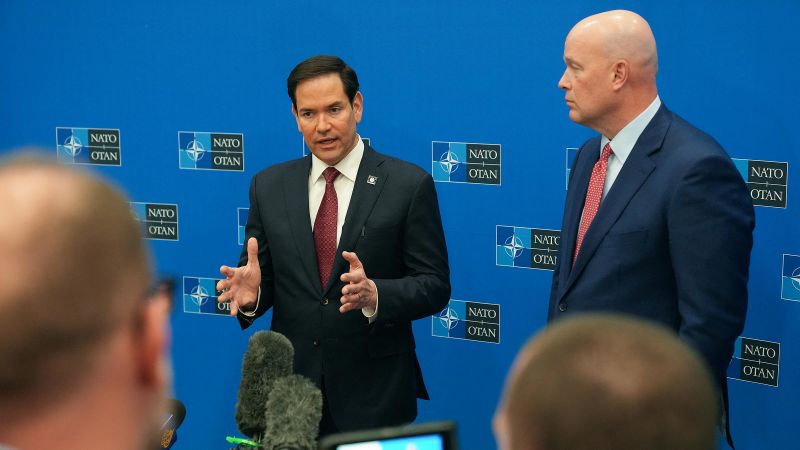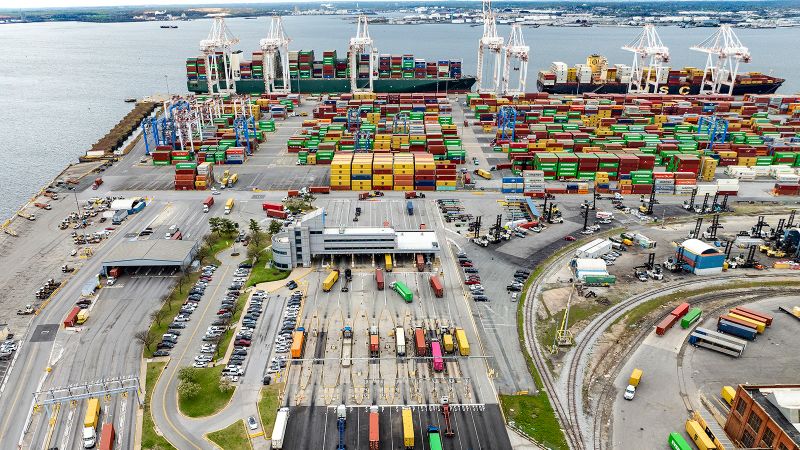Rhymes of Resistance: How Hip-Hop Lyrics Are Reshaping Political Discourse
Politics
2025-03-30 09:59:08Content
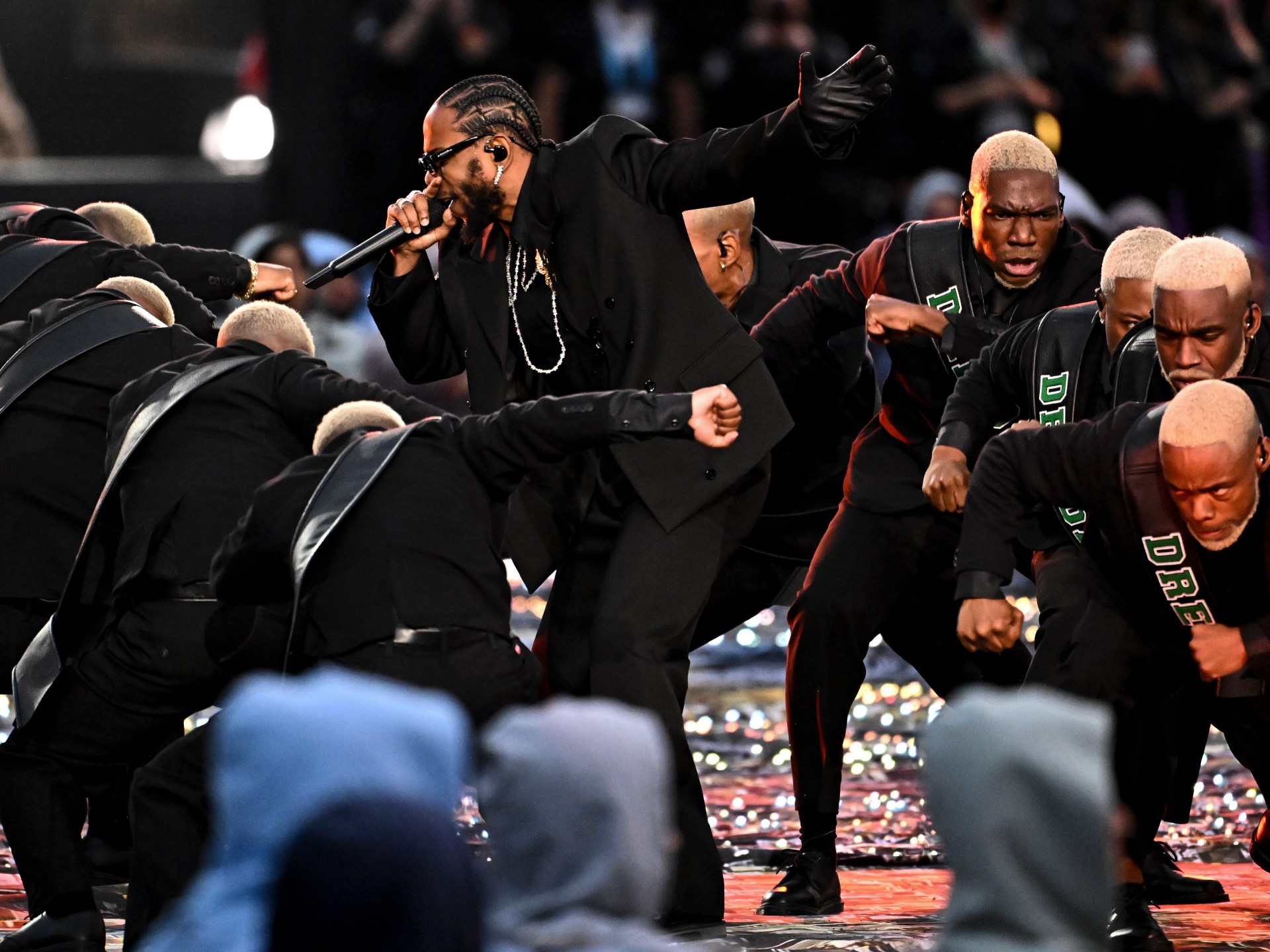
Hip-hop has transformed from a powerful underground movement of coded resistance to a dynamic platform for social commentary, giving voice to marginalized communities and challenging systemic inequalities. What began as a grassroots cultural expression in the Bronx during the 1970s has evolved into a global megaphone for social justice and political awareness.
In its earliest iterations, hip-hop artists used metaphorical language and subtle linguistic strategies to communicate complex social critiques. Pioneers like Public Enemy and Grandmaster Flash embedded profound political messages within rhythmic narratives, speaking truth to power while navigating societal constraints.
Today's hip-hop artists have expanded this legacy, directly confronting issues of racial injustice, economic disparity, and systemic oppression. From Kendrick Lamar's introspective albums to Run the Jewels' explicit political statements, contemporary hip-hop has become an unfiltered channel for amplifying unheard voices and challenging mainstream narratives.
The genre's political evolution reflects broader social movements, demonstrating how artistic expression can be a potent tool for cultural transformation. By creating spaces for authentic storytelling and critical dialogue, hip-hop continues to serve as a powerful instrument of social change, bridging generational experiences and inspiring collective consciousness.
Rhythmic Rebellion: How Hip-Hop Transformed from Underground Protest to Global Social Catalyst
In the dynamic landscape of musical expression, hip-hop has emerged as more than just a genre—it's a powerful sociopolitical movement that has consistently challenged systemic narratives and amplified marginalized voices. From its nascent stages in urban neighborhoods to its current global prominence, hip-hop represents a profound cultural phenomenon that transcends musical boundaries.Unleashing Unfiltered Narratives of Resistance and Empowerment
Origins of Sonic Resistance
Hip-hop's genesis was fundamentally rooted in community resilience and cultural survival. Emerging from the socioeconomic challenges of 1970s New York, particularly in predominantly Black and Latino neighborhoods, the genre became a revolutionary platform for expressing unheard experiences. Young artists transformed street corners and community centers into vibrant spaces of creative resistance, using rhythmic poetry as a mechanism for social commentary. The early pioneers understood that music could be a potent weapon against systemic oppression. Artists like Grandmaster Flash, Afrika Bambaataa, and later Public Enemy, crafted lyrical narratives that dissected complex social issues, challenging mainstream narratives and providing alternative perspectives on racial inequality, urban struggles, and systemic marginalization.Musical Linguistics of Empowerment
Hip-hop developed a unique linguistic ecosystem that went beyond traditional musical communication. Rappers became modern-day griots, weaving intricate stories that captured the nuanced experiences of communities often overlooked by mainstream media. Their lyrics served as historical documents, chronicling lived experiences with raw authenticity and unfiltered emotional depth. The genre's linguistic innovation extended beyond mere storytelling. Complex wordplay, metaphorical constructions, and rhythmic innovations became tools of intellectual resistance. Each verse became a carefully constructed argument, challenging societal norms and demanding recognition of marginalized narratives.Global Cultural Metamorphosis
As hip-hop expanded beyond American borders, it transformed into a global language of youth resistance and cultural expression. From Brazil's favelas to South African townships, artists adapted the genre's core principles of authenticity and social critique to local contexts, creating unique regional variations while maintaining the fundamental spirit of musical rebellion. This global adaptation demonstrated hip-hop's remarkable ability to transcend cultural boundaries while maintaining its core ethos of speaking truth to power. Young artists worldwide recognized the genre as a powerful medium for articulating complex social realities, using rhythmic storytelling as a form of collective healing and resistance.Digital Age and Technological Amplification
The digital revolution dramatically expanded hip-hop's reach and impact. Social media platforms and streaming technologies enabled artists to bypass traditional gatekeeping mechanisms, allowing direct communication with global audiences. This technological democratization meant that marginalized voices could now reach unprecedented audiences, transforming individual narratives into collective movements. Emerging artists leveraged digital platforms not just for musical distribution but as comprehensive storytelling ecosystems. Instagram, YouTube, and Twitter became extensions of their artistic expression, allowing real-time engagement and immediate social commentary on contemporary issues.Contemporary Sociopolitical Landscape
Modern hip-hop has evolved into a sophisticated mechanism of social critique and cultural documentation. Contemporary artists are not merely entertainers but complex intellectual commentators who analyze intricate societal dynamics. Movements like Black Lives Matter have found powerful musical articulation through hip-hop, demonstrating the genre's continued relevance in social discourse. The genre now represents a multifaceted platform where music intersects with activism, academic discourse, and grassroots organizing. Artists are simultaneously musicians, philosophers, historians, and social architects, using rhythmic expression as a nuanced tool for understanding and transforming complex social realities.RELATED NEWS
Politics
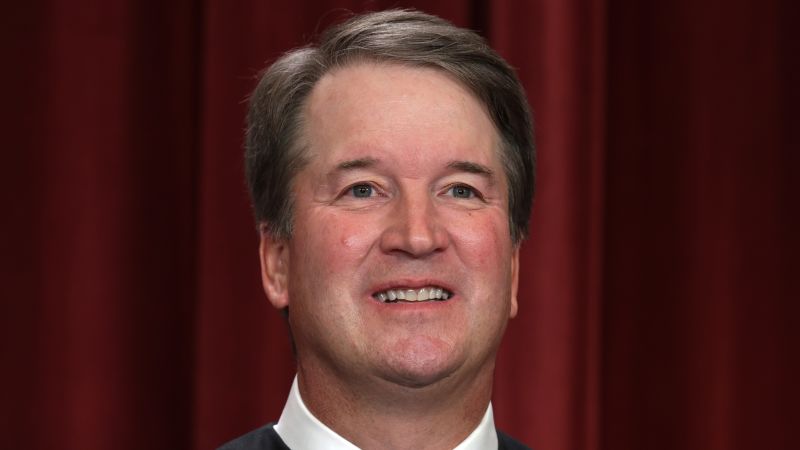
Judicial Threat Averted: Suspect Poised to Admit Plot Against Supreme Court Justice
2025-04-02 15:11:30
Politics
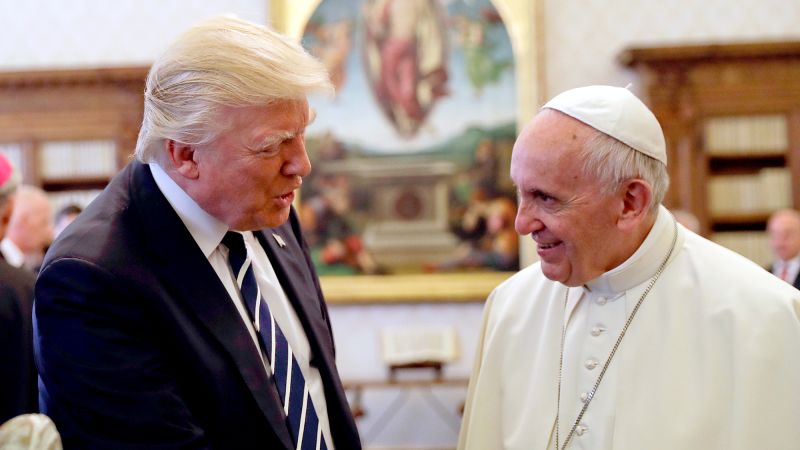
Papal Paths and Political Waves: How Trump and Francis Clashed from Opposite Sides of Global Leadership
2025-04-21 15:12:56
Politics
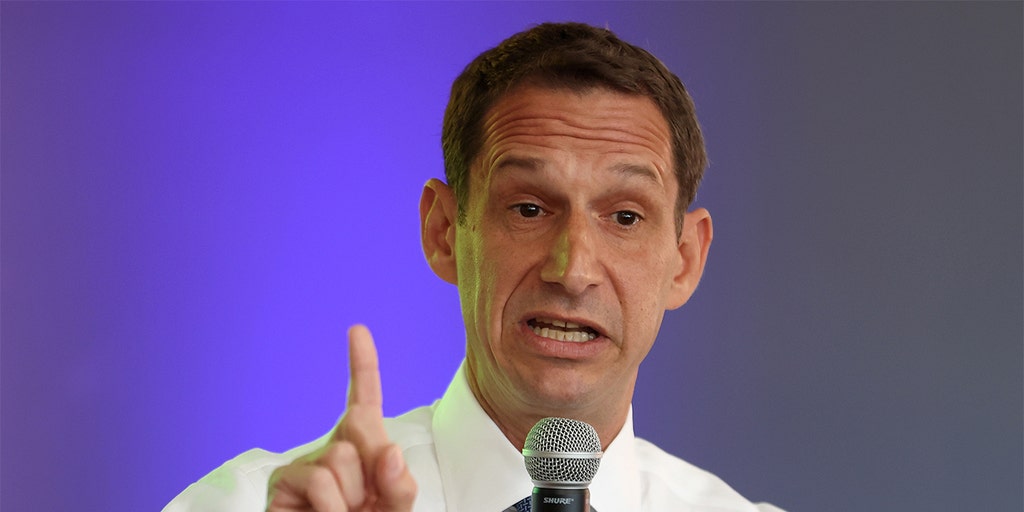
Breaking: San Francisco's New Mayor Charts Moderate Course, Echoes Bloomberg's Urban Playbook
2025-02-24 15:22:48
